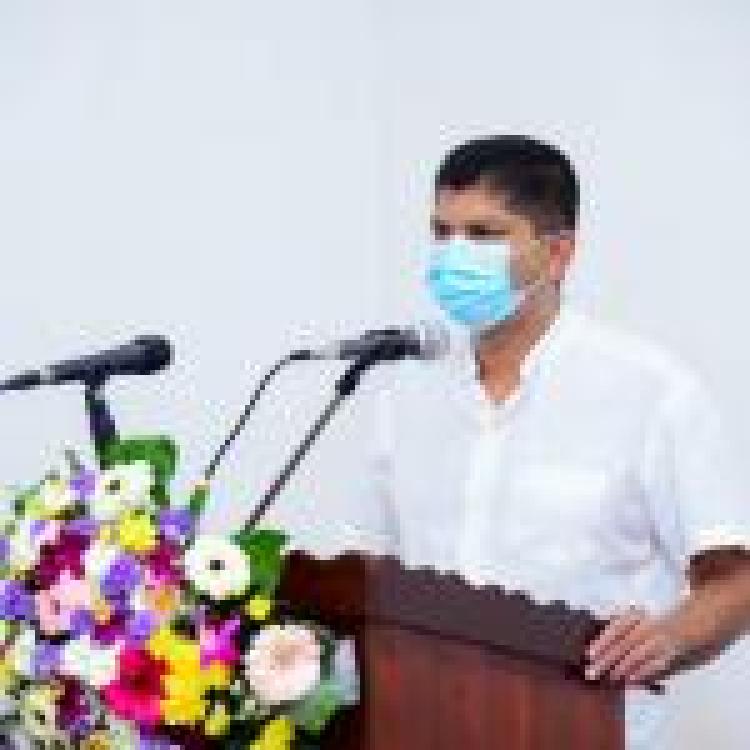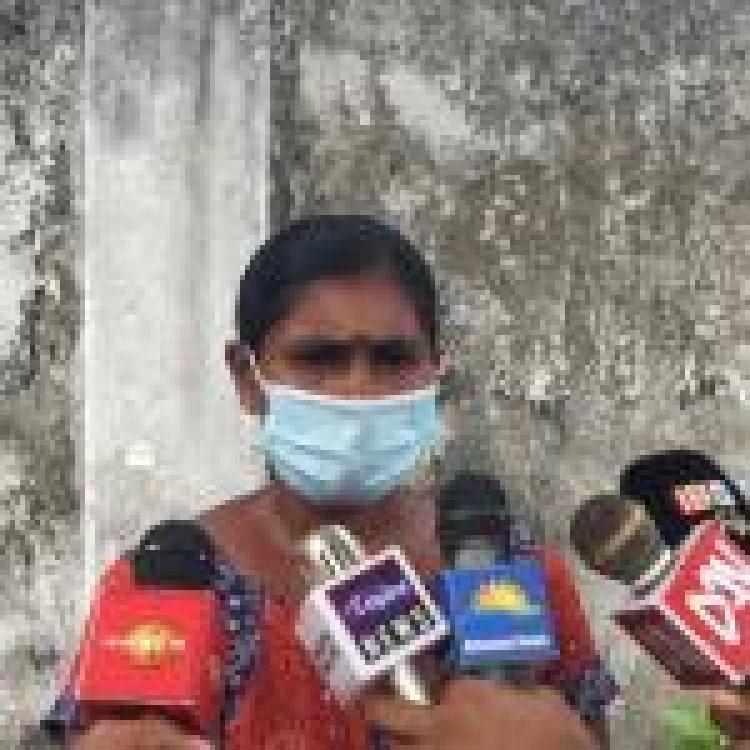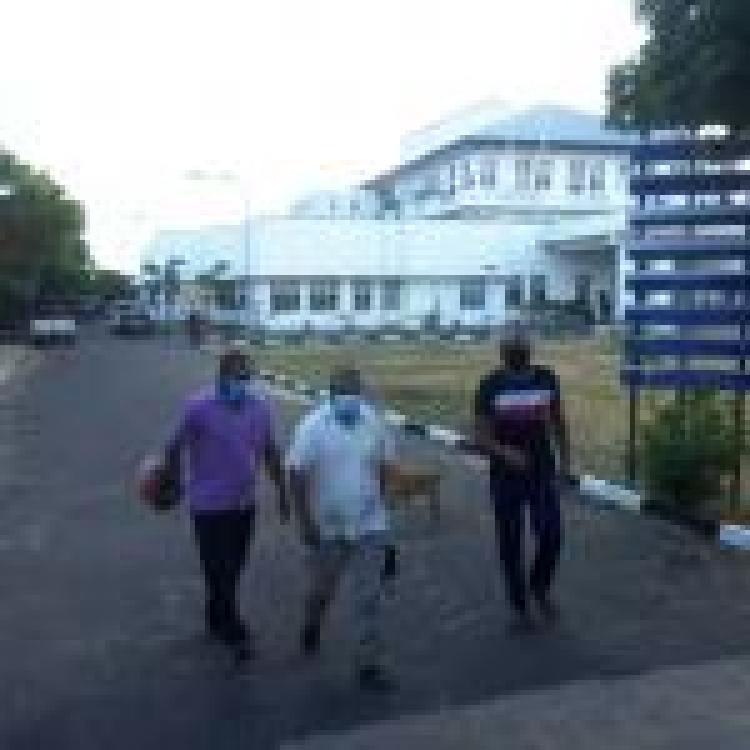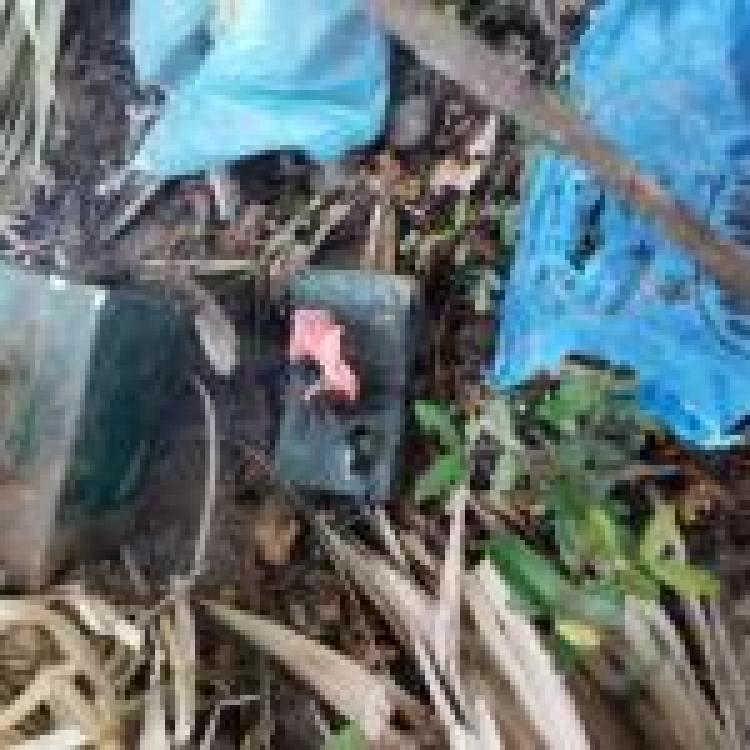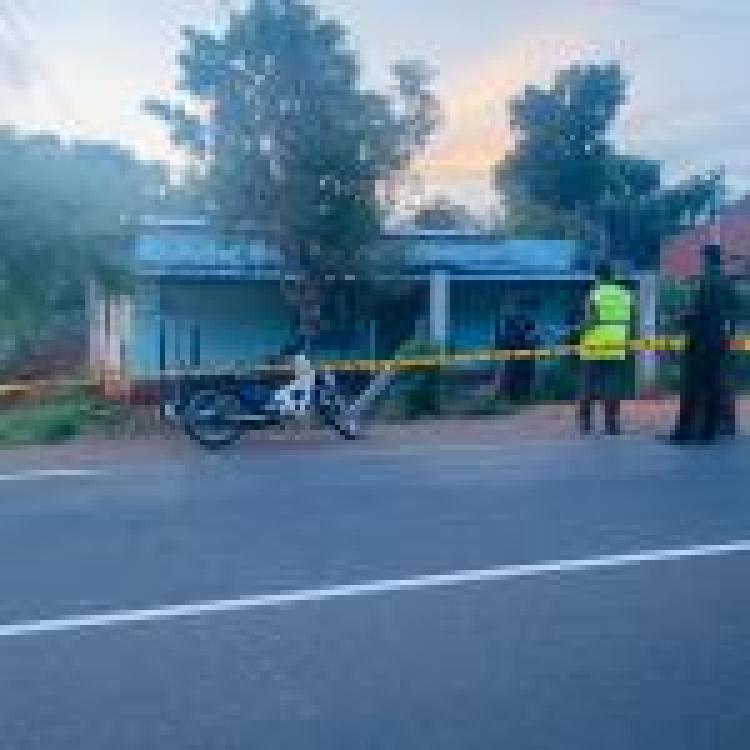.jpg)
Writing in response to the state of emergency declared by Sri Lankan President Gotabaya Rajapaksa, CIVICUS highlights that the emergency measures enable authorities "to detain people without warrants, seize property, enter and search any premises, suspend laws and issue orders that cannot be questioned in court".
"Officials who issue such orders are also immune from lawsuits" they add.
It follows growing concern over the state of human rights in Sri Lanka, with the UN High Commissioner, Michelle Bachelet, noting that "surveillance, intimidation and judicial harassment of human rights defenders, journalists and families of the disappeared has not only continued, but has broadened to a wider spectrum of students, academics, medical professionals and religious leaders critical of government policies".
In their report CIVICUS details how Sri Lanka's crackdown has impacted those holding vigils to remember their loved ones; those advocating for educational reform; and government critics., many of whom have been detained under Sri Lanka's draconian Prevention of Terrorism Act. They further detail numerous reports of political prisoners being tortured whilst in police custody.
Banning memorials and ongoing torture
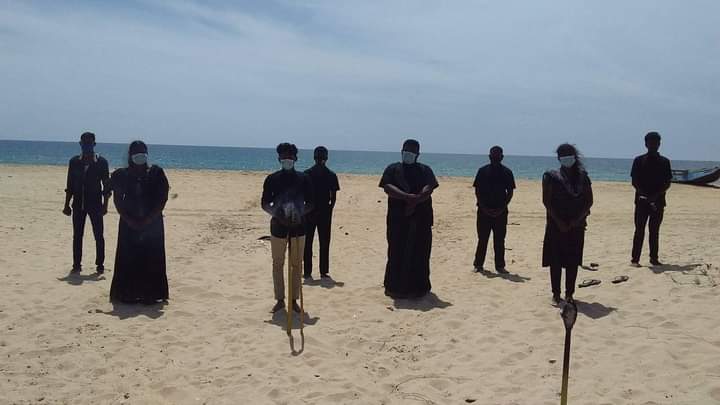
CIVICUS details that in July Valaichenai District court extend the remand of ten Tamil men and women who were arrested under the PTA for holding a Mullaivaikkal vigil. The memorial was held to remember the thousands of Tamil civilians slaughtered during the ginal months of the conflict.Those attending the memorial lit a flame of remembrance and laid flowers on the beach.
The report further details the work of the International Truth and Justice Project which details the torture of 15 Tamils who have arbitrarily detained since Gotabaya Rajapaksa assumed power in 2019. Tne report details their harrowing experiences of beatings, burnings, asphyxiation and gang rape at the hands of Sri Lankan security forces.
CIVICUS highlights that the most recent cases involves those who had participated in the P2P protest in 2021, as well as commemoration events for the dead and disappearance protest. Six of the victims had described being abducted by white vans which have been used by Sri Lanka's security forces for decades for kidnappings.
“We are dealing with a country where torture is savage, and there is no inclination on the part of the government to do anything about it. What you have is a kind of tacit approval, really, of those at the highest levels who condone what is happening”, said Yasmin Sooka, Executive Director of the International Truth and Justice Project.
This comes as then Sri Lanka's State Minister for Prisons, Lohan Ratwatte, barged into Anuradhapura prison and threatened Tamil prisoners at gun point. He reportedly claimed that under the President Rajapaksa he had the power through the PTA to either release them or to kill them. Whilst Ratwatte has since resigned his post as Minister for Prisons he maintains several other cabinet positions.
CIVICUS further details the highprofile case of the Muslim poet Ahnaf Jazeem who has been detailed for over 480 days without charge. Jazeem has been reportedly subject inhumane treatment and torture including "being handcuffed to a chair, handcuffed while sleeping, as well as being detained in unhygienic and suffocating conditions. He has also been bitten by a rat and suffered from urethral stones, a skin rash and psychological breakdown".
Silencing healthcare concerns
.jpg)
They further detail how the Sri Lankan state has attempted to silence critics of the government's pandemic response with journalists, government officials, and doctors being threatened and harassed.
In August the former spokesperson for the Health Ministry, Jayaruwan Bandara, was summoned by the Criminal Investigation Department for comments he made during a televised interview regarding the government's pandemic response.
Similarly, Najith Indika, a former student leader and doctor at Awissawella district hospital was visited by CID officials after he had shared his personal expierience of treating those with COVID-19 on social media.
In April 2020, and June 2021, Sri Lankan police announced that they would arrest those who spread false or derogatory statements about officials combating the spread of the COVID-19 virus pursuant to provisions in the Computer Crimes Act (CCA) and the Police Ordinance and Penal Code.
Commenting on the government crackdown Ian Seiderman, ICJ’s Legal and Policy Director, said:
“The government’s intimidation of people who raise questions about measures to respond to COVID-19 serves to undermine, not advance, efforts to stop the spread of the pandemic. The Sri Lankan government seems to be misusing regulations adopted to combat COVID-19 as yet another means to restrict freedom of expression and information. This is a continuation of practices spanning far earlier than the beginning of the COVID-19 pandemic”.
Silencing of critics Easter Sunday probe
CIVICUS further details the summoning of Shehan Malaka Gamage by the CID to "reportedly record a statement with regard to recent comments made to the media on the 2019 Easter attacks".
Gamage had been an outspoken critic of the government and had stated on Facebook that there was a political connection behind the attack which must be nivestigated. He was questioned for five days by the CID with Church officials accompanying him during these visits. These Church officials have slammed the probe, with Father Silva stating:
"Investigations should be directed in the right direction without trying to silence those who demand justice for the Easter Sunday attacks".
Arresting student leaders and teachers
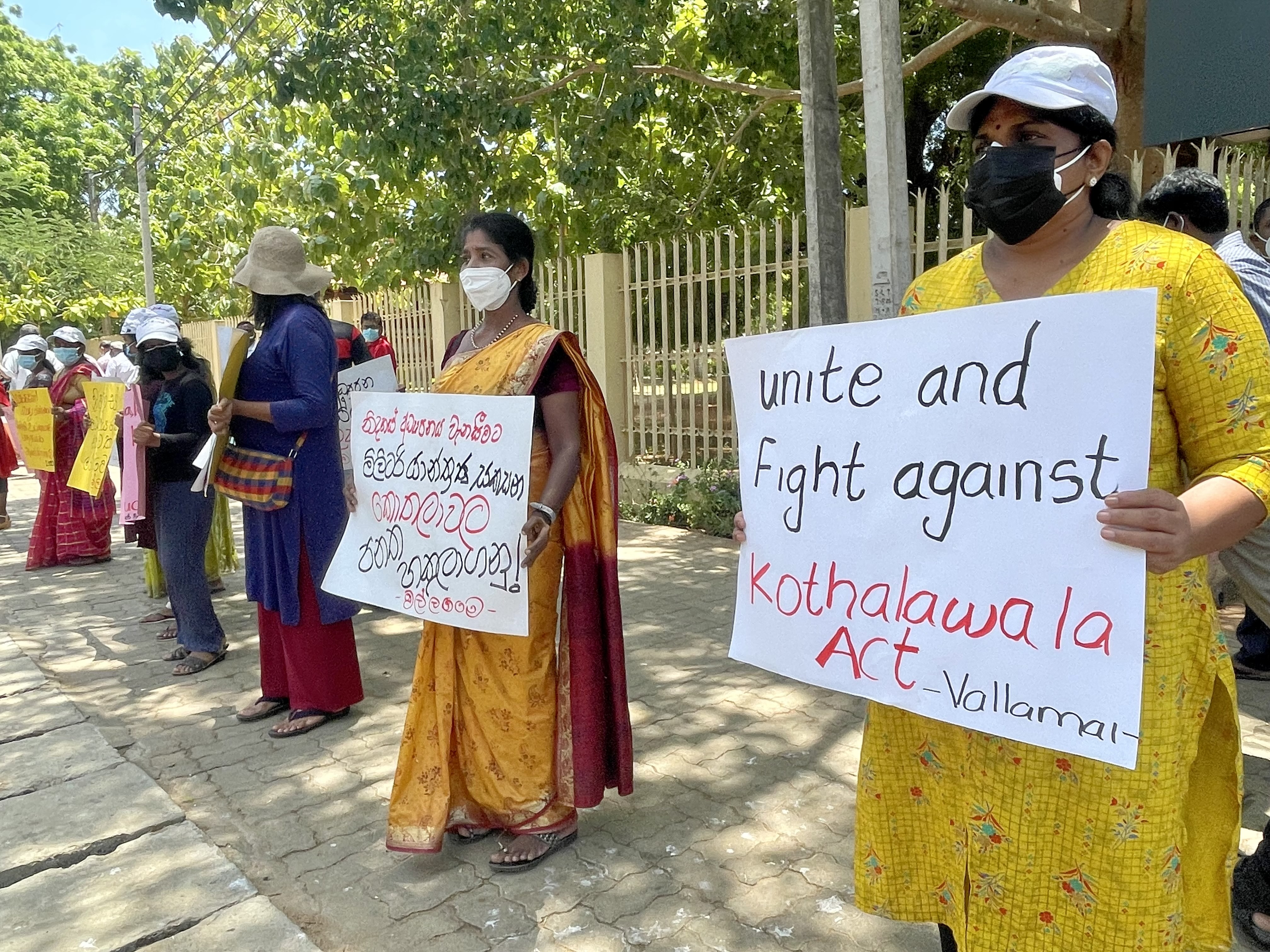
The report also details the crackdown on student leaders who have been protesting the Kotelawala National Defence University (KNDU) bill which would promote the privitatisation and further militarisation of Sri Lanka's high education system.
Five activists remain in detention for their peaceful demonstrations on 3 August near parliament. They are being held under charges of "damaging public property”, “causing injuries to fingers of a policeman” and “violating COVID-19 regulations”.
They include: Koshila Hansamali Perera of the People’s Movement for Free Education; Chameera Koswatte from the Workers Struggle Centre; Amila Sandeepa, President of the Jayewardenepura University Students’ Union; Wasantha Mudalige, Convenor of the Inter University Students’ Federation (IUSF); and Heshan Harshana, a student leader from Rajarata University.
Lawyers representing the activists have slammed the charges as "baseless, politically motivated and a clear misuse of the law".
CIVICUS also reports that whilst no arrest warrants have been issued "those named have suffered intimidation and threats from police including through multiple visits to their homes, threatening telephone calls and the intimidation of family members".
Sri Lankan authorities also arrested 4 people, including 36 teachers, following a protest for higher wages outside the presidential secretariat 4 August 2021.
Read more here.

